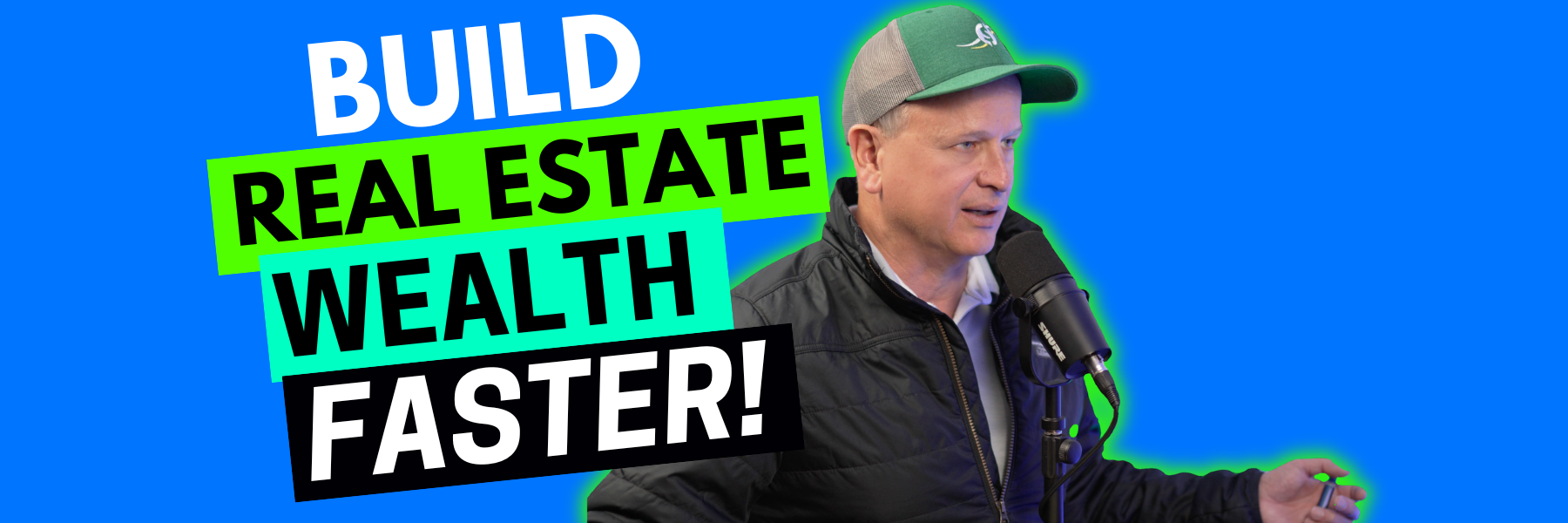Why Real Estate Investors Should Compare Lenders
Today we are going to discuss why real estate investors should compare lenders. In the same way a house, a contractor, or a realtor, loans cost money as well. For this reason, by not finding the best loan, it can impact your bottom line. So, where do you start and how can you shop around for the right one? Let’s take a closer look!
Understanding Loan Costs.
In a nutshell, loans can be complicated. However, when you break it down, it’s all about simple math. Here’s what you need to consider:
- Interest Rates: How much you pay to borrow the money.
- Loan Term: The length of time you’ll be paying back the loan.
- Fees: These include origination fees, appraisal fees, inspection fees, and more.
Each of these factors affects the total cost of your loan.
Why Use a Loan Cost Optimizer?
A Loan Cost Optimizer helps you compare different loan scenarios. After entering details about your project, you can then see which loan costs you the least. Here’s how it works:
- Input Different Scenarios: Enter details like loan amount, interest rate, fees, and loan term.
- Compare Costs: See the total cost for each scenario.
- Find the Best Deal: Choose the loan that saves you the most money.
Examples
Let’s look at some examples to see how this works.
Example 1: Short-Term Fix and Flip
- Loan Term: 3 months
- Interest Rate: 8%
- Fees: $2,000
Total Cost: $4,000
Example 2: Long-Term Renovation
- Loan Term: 12 months
- Interest Rate: 6%
- Fees: $5,000
Total Cost: $11,000
With this in mind, even though the interest rate is lower in the long-term loan, the fees in addition to the longer term make it more expensive.
Conclusion
Since every project has unique needs, it is important that you find the best loan every time. Therefore, by using a Loan Cost Optimizer you can discover how to keep your costs low, and find the best loan as well. In fact, investors who take the time to understand and compare the total costs, will not only make smarter decisions but more importantly maximize their profits !
Ready to get started? Visit our website and try our Loan Cost Optimizer today! As a matter of fact, it’s free and easy to use. You don’t have to commit to anything, instead, just see how it works and find the best loan for your next project.
Watch our most recent video to find out more about: Why Real Estate Investors Should Compare Lenders.









